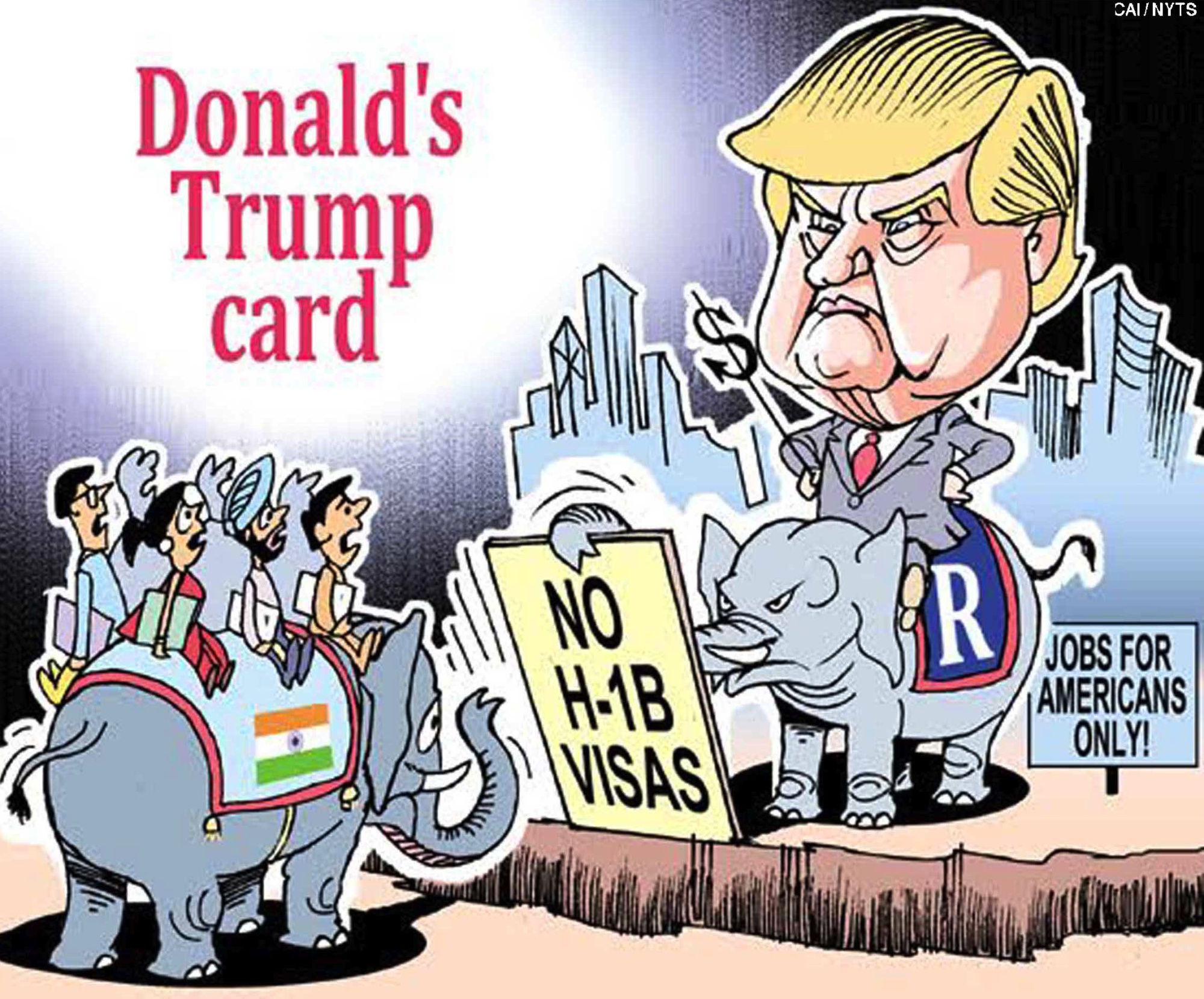"The notion that Uber in London is a mosaic of 30,000 small businesses linked by a common 'platform' is, to our minds, faintly ridiculous," said one of the judges on the employment tribunal. So the tribunal ruled that Uber's 30,000 drivers in London were actually employees, and therefore entitled to be paid the minimum wage, to be given sick pay, even to have paid holidays.
Uber appealed the ruling, because it would wreck its business model in Britain and, if the example spreads, worldwide. But it was only a temporary victory for workers' rights, because just as the real jobs have been replaced by fake "freelance" jobs like Uber that strip people of their old legal protections, so the "freelance" driving gigs will soon be replaced by — no jobs at all.
The first self-driving cars are already on the roads. Automation, in the form of artificial intelligence, will probably abolish almost all the driving jobs in the next 20 years. In Britain alone, that means 400,000 jobs driving big trucks and almost 300,000 licensed taxi drivers.



